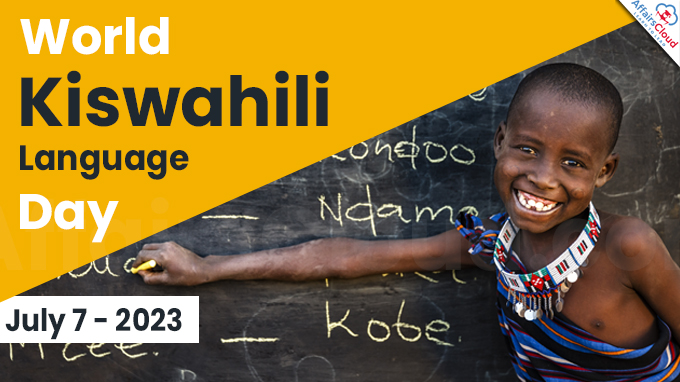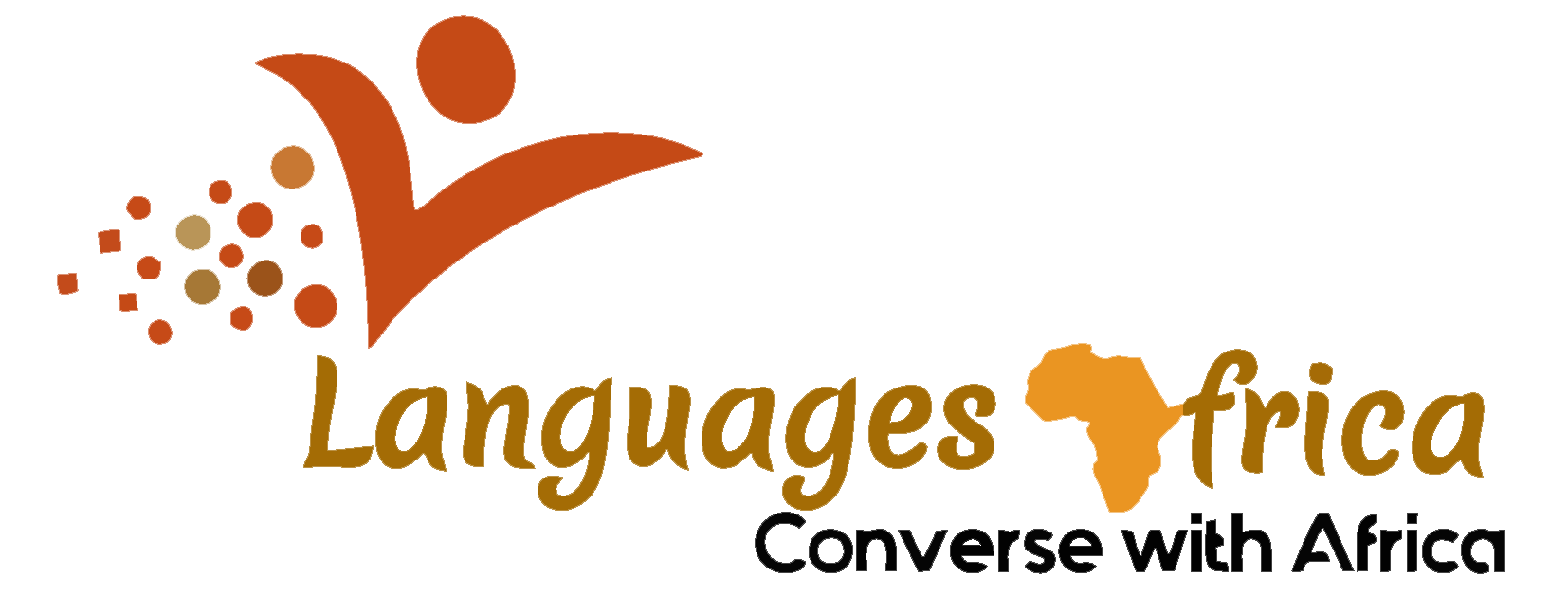Email Address
Info@themis.com
Phone Number
Fax: 001 (407) 901-6400

Nearly 1,000 primary school students cheered wildly. The slender man who was speaking cheerfully on the podium soaked in their cheers, then continued addressing them. He was slender and tall. His face bore both an eternal grin and constant frown. Looking at him, one got the impression that you could approach him but you had better not waste his time.
Nearly 1,000 primary school students cheered wildly. The slender man who was speaking cheerfully on the podium soaked in their cheers, then continued addressing them. He was slender and tall. His face bore both an eternal grin and constant frown. Looking at him, one got the impression that you could approach him but you had better not waste his time. I had approached him almost a year earlier. Thankfully, I hadn’t wasted his time. If anything, I had added value to his life by becoming his unofficial apprentice. That is how I found myself touring primary schools together with Guru Ustadh Wallah Bin Wallah, the popular author of the Kiswahili Mufti book series. These were the most widely used Kiswahili textbooks in Kenya’s primary schools, which made him a household name across Kenya. Wherever we went, he was rapturously welcomed. Both pupils and their teachers cheered at almost every word that he spoke. On this particular day as I watched him wow the pupils of a primary school in Kenya’s Meru County, it occurred to me that all this was happening because of Kiswahili. Because of Kiswahili, he was a household name. Because of Kiswahili, he was making millions. Because of his Kiswahili books, millions of pupils all over Kenya were falling in love with an African language. Because of his sheer love for Kiswahili, I had become his number 1 fan. I had dared to approach him and when he saw that I was also deeply in love with Kiswahili, he welcomed me to his orbit. While not a national household name like him, my name – Mpasua Msonobari – was already well known amongst the Kiswahili fandom. Kiswahili has been a constant in my life since my teenage years at Sunshine Secondary School in Nairobi. After scoring a straight A in the final secondary school examinations, I proceeded to Kenyatta University to study Kiswahili and thereafter furthered my Kiswahili studies in Zanzibar, Kiswahili’s reputed birthplace. While in Zanzibar, I realized that millions of people in virtually the entire East African Coast speak Kiswahili. That includes parts of Mozambique and Comoros Island. Further inland, Kiswahili is spoken in Burundi, Rwanda, Uganda and the Democratic Republic of Congo. Considering that at least one hundred million people in Kenya and Tanzania speak Kiswahili, this African language is the most widely spoken in East and Central Africa. No other African language is spoken by as many people in multiple African countries that span different geographical locations. It’s no wonder the United Nations designated 7th July as the World Kiswahili language Day — the official day of celebrating Kiswahili language. This most timely declaration was issued by the UN Educational, Scientific and Cultural Organization (UNESCO) on 23 November during its 41st Member States’ session held in Paris, France. Consequently, Kiswahili became the first African language to be officially feted by the United Nations. We are now passionately appealing to the UN to make Kiswahili an official UN language. Currently there are six official UN languages as follows: English, French, Spanish, Chinese, Russian and Arabic. Kiswahili must become the seventh official UN language. The journey for recognizing Kiswahili’s global prominence gathered momentum in 2004 when the outgoing Chairman of the African Union addressed an AU Summit of African leaders in Kiswahili. He did so to dramatize the sheer importance of Kiswahili on the global stage. Thanks to his efforts and multiple Kiswahili enthusiasts together with AU policy makers, Kiswahili eventually became an official African Union language. Similarly the Kiswahili language is also an official language in Southern African Development Community (SADC) and the East African Community (EAC). The Swahili language is broadcasted in all the popular International media houses like BBC, Voice of America, Radio France International, Radio China and Radio Tehran. Needless to mention that in July 2022 Uganda made the Kiswahili language to be a compulsory subject in its education system. Every student will be required to study it up to proficiency level. As we celebrate the World Kiswahili Language Day, we must redouble our efforts to tap into Kiswahili as Africa’s unifier. Language, one strategically deployed, can unify the masses. Kiswahili is the powerful lubricant that will oil the machine of contemporary pan-Africanism. As such, Kiswahili experts like myself have a moral obligation to lead by example by uniting with other Kiswahili experts across Africa. During a recent visit to Kigali, Rwanda’s capital, I was happy to interact with several local ordinary citizens in the Kiswahili language and they exuded so much eagerness to learn and master the Kiswahili language. I also tried to reach out to a local Kiswahili Professor who was born in Tanzania seeking to pay him a courtesy call so that we can find way of working collaboratively and as a sign of Unity and solidarity of the Swahili language. To my great shock, PM as he is fondly called by his peers talked with me dismissively and even hanged the phone on me. Swahili experts must avoid such petty jostling and focus on the bigger picture of unifying Africa through Kiswahili. But the greater unity starts wit the personal unity amongst the so called Kiswahili learned friends. African Governments also have a duty to ensure widespread celebration of the World Kiswahili Language Day. Kenya Government is ahead of the flock in terms of legislating the Swahili language. The National Assembly and Senate Standing orders have been translated into Swahili and attempts of the Thursday debates in both houses being done in Swahili have been made. However much needs to be done to sensitize the Kenyan population in loving to speak and cherish the Swahili language and not perceive that it’s a n old man and poor man’s language. This is a very important day that shouldn’t be celebrated peripherally. Indeed, it should be turned into a National Day across Africa. Drum beats and African trumpets should be sounded on every corner of this world to celebrate this very special and auspicious occasion. Our Company Languages Africa is anchored in Kiswahili. We were initially focused exclusively in providing Kiswahili language services before expanding to other African languages. However, we remain deeply rooted in Kiswahili. That’s why we are enthusiastically leading this campaign of making Kiswahili the seventh United Nations Language. That will further galvanize, embolden and revitalize the Kiswahili language not just in Africa but across the world. Mpasua Msonobari is the CEO and Founder of Languages Africa, a seasoned Swahili and other African Languages Translator and OPI & VRI Swahili Interpreter who can be reached directly on his WhatsApp number +254 725 084 032 or you can simply shoot him an email at This email address is being protected from spambots. You need JavaScript enabled to view it. or This email address is being protected from spambots. You need JavaScript enabled to view it.

OFFICES IN: ZANZIBAR, KENYA, UGANDA, USA & RWANDA
US OFFICE: 6475 New Hampshire Ave #4, Hyattsville, MD 20783, USA
DIRECT LINE: (+254) 725 084 032 | (+1) 567-654-3914
msonobari@gmail.com | info@languagesafrica.com
LANGUAGES AFRICA HEADQUARTER OFFICES: Off Namanga Road, Nairobi, Kenya.
Helping the world converse with Africa!